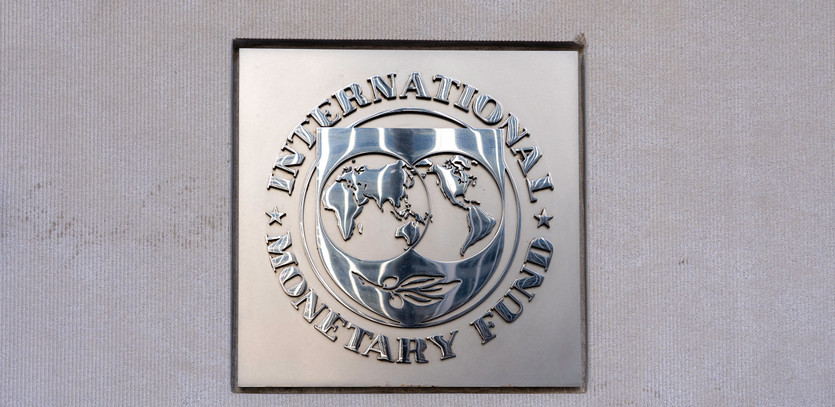Global Economic Health and Debt Concerns Emerge from IMF Gathering
Marrakech, Morocco was the host city for the recent International Monetary Fund and World Bank annual meetings. Despite being overshadowed by an upsurge in Middle East unrest and the nation's efforts to recover from an earthquake, the week-long discussions covered the state of the world economy, festering inequality among economies, and the stagnant progress on climate change response.
Global Economic Growth Slowing
While the conference discussions predate the recent Israel-Hamas conflict escalation, the International Monetary Fund's forecast predicts a deceleration in global economic growth from 3.5% last year to 3% this year, and 2.9% the following year. This is a minor 0.1% downturn from the earlier 2024 projection. Hopes are high that present high inflation levels can be controlled without destabilizing the global economy, which Pierre-Olivier Gourinchas, the IMF's chief economist, characterized as "limping, not sprinting".
Fears Surrounding Mounting Debt
High debt costs carried by developing economies -- from the United States to China and Italy -- were a constant theme during the meetings. This holds great relevancy as financial market activities in recent weeks have led to an increase in U.S. bond yields. The growing apprehension about owning longer-term debt has led investors to reassess premiums, according to Ignazio Visco, Italian central bank governor. Joyce Chang, JPMorgan's chair of global research, pointed out that “the bond vigilantes are back, and the Great Moderation is over” in relation to the relative economic tranquility before the 2008/09 financial crisis.
Struggles in Addressing Emission and Debt Restructuring
Pertaining to climate change, Vitor Gaspar, the head of the IMF's fiscal division, cautioned that current subsidy-based policies were inadequate in achieving net zero emissions. The IMF recommended new policies centered on carbon pricing. High policy rates, a strong dollar, and geopolitics are making things difficult for the global community. Emerging economies like Kenya and Sri Lanka have their unique debt management challenges. An agreement to restructure the debt was reached between Zambia and its creditors, which includes China and France.
Risks and Influence Battles on The Global Stage
Other risk factors like high interest rates and geopolitical issues like the Ukraine conflict, trade protectionism, and U.S.-China tensions are expected to complicate consensus-building. The meetings ended without the usual final communique due to lack of agreement. However, discussions on reforming the IMF and World Bank to reflect rising economies like China and Brazil prevailed. As for now, a U.S. proposal to strengthen IMF lending power while saving a review of shareholdings in the fund for later gained widespread acceptance.





